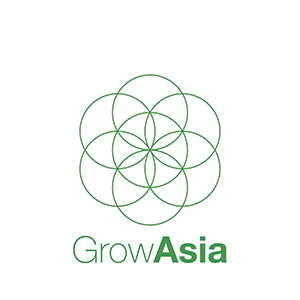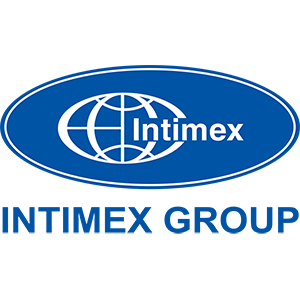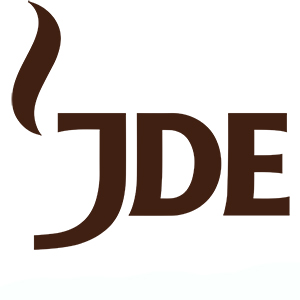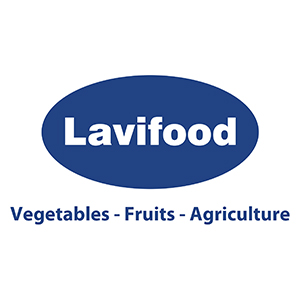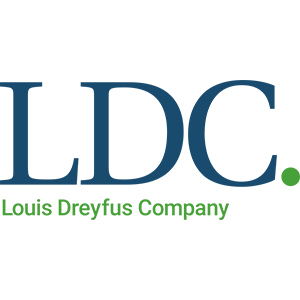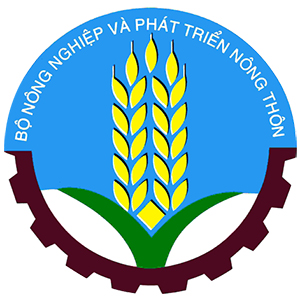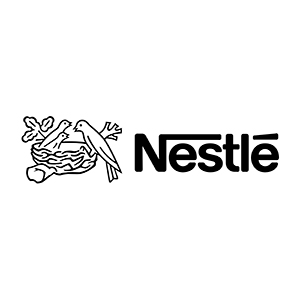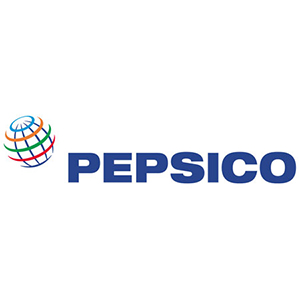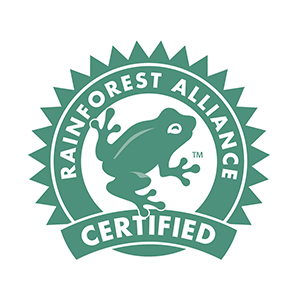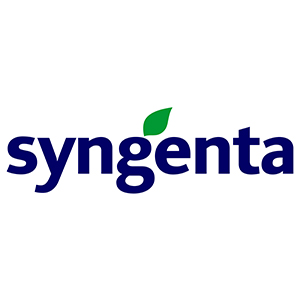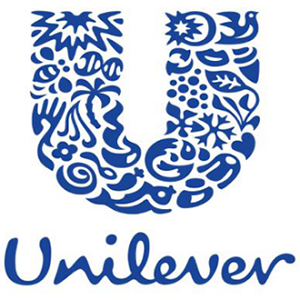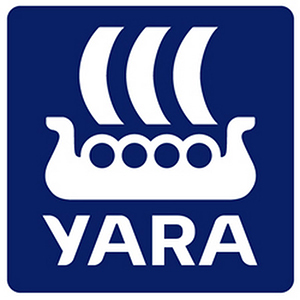Deputy Minister Tran Thanh Nam encourages domestic and foreign businesses to invest in the 1 million hectares of high-quality rice project, bringing technology closer to farmers.
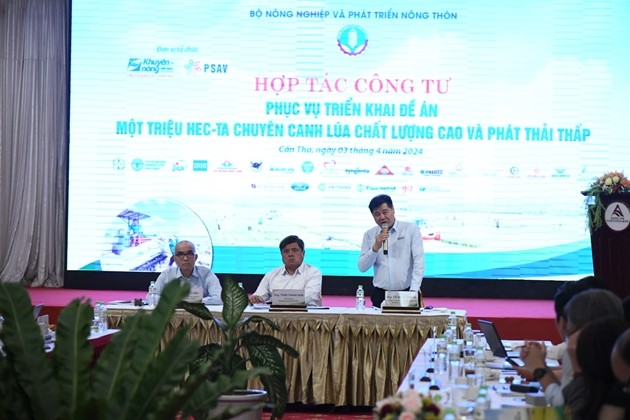
Encourage private partners to participate
On April 3, in Can Tho City, the National Agricultural Extension Center, in collaboration with the Partnership for Sustainable Agriculture Development in Vietnam (PSAV), organized a public-private partnership workshop to serve Sustainable Development Project 1 million hectares of high-quality and low-emission rice cultivation associated with green growth in the Mekong Delta by 2030 (referred to as the 1 million hectares of high-quality rice project).
At the workshop, Deputy Minister of Agriculture and Rural Development Tran Thanh Nam gave major directions for businesses and partners to consider and determine their ability to participate in some stages of the Project. In particular, Deputy Minister Nam determined that the focus of the Project is to help farmers implement sustainable farming processes.
Deputy Minister Nam supports, encourages, and calls for domestic and foreign businesses to participate and invest in cooperatives and agricultural extension forces to bring technology closer to farmers, thereby changing awareness and people's actions.
Deputy Minister Nam determined that investment in cooperatives is an investment in people, helping cooperatives improve their management capacity and ability to apply technology.
In addition, building and developing an agricultural extension team is necessary because this is the force that will accompany farmers and cooperatives in the process of measuring emissions at the facility and developing MRV reports.
Deputy Minister Tran Thanh Nam said this is a difficult issue. However, the Ministry of Agriculture and Rural Development is determined to implement it and wants businesses to participate, according to the Ministry's operating mechanism, ensuring that all parties benefit. Although there may be some difficulties initially, the Ministry of Agriculture and Rural Development will work together to solve them and form a common mechanism.
Currently, specialized agencies of the Ministry of Agriculture and Rural Development have consulted with the International Rice Research Institute (IRRI) and international organizations on plans for Measurement, Reporting, and Verification (MRV) to measure the amount of greenhouse gas (GHG) emissions reduced. In the near future, the Ministry of Agriculture and Rural Development will work with the World Bank (WB) to comment on and approve this plan and proceed with its announcement and legalization for implementation.
Establishing the Rice Public-Private Partnership Group (Rice PPP Group) working group is necessary and timely. Contribute to implementing Vietnam's international commitments and aim to increase the added value of rice through the value chain.
In addition, the Rice PPP Group also supports, increases investment attraction, and modernizes the agricultural and food system through applying technology, connecting innovation, and bringing benefits to Vietnamese farmers.
The sustainable development of 1 million hectares of high-quality rice in the Mekong Delta is important to form a concentrated, large-scale, stable, and long-term raw material area. Vietnam must exert great efforts from the government, the private sector, businesses, and direct producers to achieve this goal. Among them, one of the key solutions prioritized for implementation is promoting investment attraction through public-private partnerships.
Create credit policies for 1 million customers
Mr. Pham Thai Binh, General Director of Trung An High-Tech Agriculture Joint Stock Company, expressed that the project of 1 million hectares of high-quality rice is part of the strategy that this enterprise has been pursuing for more than 10 years.
According to Mr. Binh, although Vietnam is a country with strengths in rice, with the trend of climate change, the area planted with food crops is decreasing, and rice has become one of the scarce commodities, with increasing prices. Meanwhile, the price of Vietnamese rice is currently very unstable.
Therefore, the 1 million hectares of high-quality rice project and environmentally friendly rice cultivation ensure stable production and consumption of Vietnamese rice. The main subjects of the Project identified by Mr. Binh are cooperatives and businesses
In addition, Mr. Binh wishes to access credit policy resources to support businesses when participating effectively in the Project.
Mr. Nguyen Quang Ngoc, Deputy Head of Agribank's Credit Policy Department, said that the unit will have the opportunity to access and provide credit products to over 1 million customers who are individuals, cooperatives, and businesses under the Project.
To create mechanisms and credit policies for businesses participating in the 1 million hectares of high-quality rice project, promoting the Project to come into practice quickly, Agribank recommends that the Ministry of Agriculture and Rural Development soon announce the list of regions. Specialized farming associations, businesses, cooperatives, cooperative groups, and rice-growing households are eligible to participate in the Project so that Agribank can quickly access and guide customers on loan documents and procedures.
Simultaneously, it is recommended that the People's Committees of provinces and cities in the Mekong Delta region announce the actual cost per hectare for implementing the steps in rice linkage to determine the loan level.
From the beginning of the year until now, Agribank has implemented 5 preferential interest rate programs for customers. In particular, a maximum reduction of 2% per year compared to the loan interest rate floor for customers investing, production, and business associated with the OCOP Program, a scale of VND 2,000 billion.

